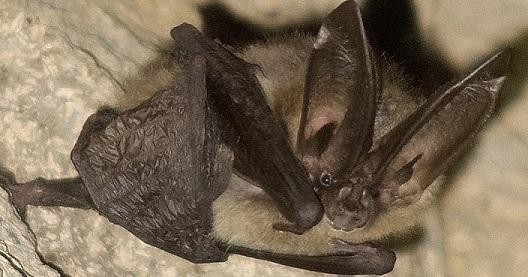There are a few things to keep in mind about Kabobi. (1) They are open until 10 pm on Sunday. (2) They serve complimentary cups of delicious milky tea, which, with a healthy amount of sugar, taste like a liquid version of Cream of Wheat—you didn't know you wanted it, but you do. (3) They are, to the best of this writer's knowledge, the only Afghan restaurant in Portland, giving them a distinct edge over the multifarious Middle Eastern restaurants in town: The next time you're craving Afghan food, there's only one place to go.
Of course, in order to crave Afghan food, you have to actually know what it is. And since the internet allows every hack with a laptop to instantly acquire superficial expertise on any subject within Google's purview, allow me to share what I gleaned from a quick survey of online sources (including Kabobi's own informative and extensive website, kabobipdx.com—restaurant owners take note, this is what you should be doing with your website). Afghanistan's location—on the eastern edge of the Middle East, proximal to the Indian subcontinent and China—has resulted in a cuisine shaped indelibly by other cultures. Kabobi's menu, if not entirely familiar to Portlanders, will at least reflect familiar influences: You'll find kebobs and dal, yogurt sauce and meatballs, spiced less aggressively than Indian food, and with less Mediterranean influence than we usually associate with Middle Eastern.
The very vegetarian-friendly menu lends itself well to sharing: While a full order of matar chalaw—green peas served with fragrant basmati rice—makes for a one-note dining experience, try pairing it with an appetizer of fried eggplant or pumpkin. Don't miss the dense, savory vegetarian bulanee, a pan-fried pastry filled with potato and leek.
The vegetarian mantoo is a lovingly presented ring of onion-and-cabbage–filled dumplings topped with chickpeas. And this is the part where having no basis for comparison gets tricky: While the flavor of the dish was great, the dumplings themselves were slimy and unpleasant, boiled (steamed?) wontons that could've used some texturizing time in a frying pan. Authentic? Who knows, but slimy either way.
All the meat is halal (prepared in accordance with Islamic law—similar to kosher, though less restrictive), with lamb taking center stage. A braised lamb shank was remarkably tender, served abed a heap of kabuli palaw: almond, raisin, and shredded-lamb studded rice. The shank itself seemed under-seasoned, but a friendly waitress was quick to offer a side of cilantro-jalapeño "chatni" (Afghan spelling, for a tangy sauce that is thinner than one might expect from a "chutney"), which brightened things up considerably.
The restaurant itself is a minor miracle of interior design. Located in the space that formerly housed the Indian/Pakistani restaurant K2 Kabob, next door to No Fish! Go Fish! on Hawthorne, the décor goes a long way toward overcoming the strip-mall sterility that the space used to possess. The maroon ceiling matches the curtains, while beaded candleholders and white tablecloths help with the general ambiance, managing to create a warm atmosphere in a space with all the inherent charm of a Subway.
At this moment, in this city, there's only one way to find out for sure if you like Afghan food, and that's to try Kabobi—and while I can't vouch for the food's authenticity, I can promise that it's flavorful, reasonably priced, and not quite like anything else in town.


















